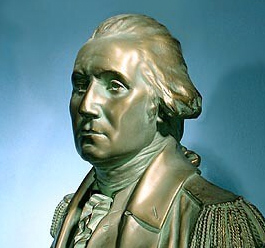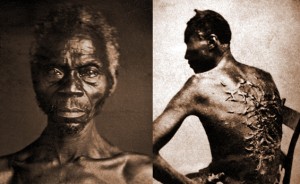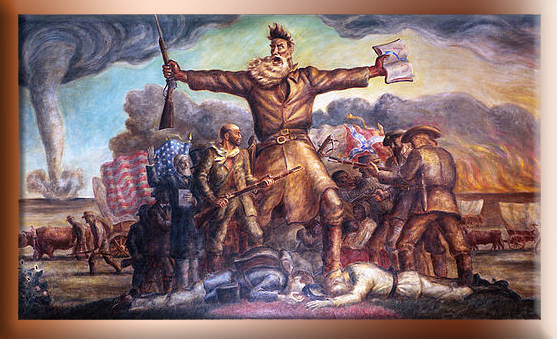On May 14, 1787, delegates convened a Constitutional Convention, in Philadelphia, Pennsylvania, to write a new Constitution for the United States. George Washington presided over the convention.
On the same day a century later, jurist and pamphleteer Lysander Spooner — author of several important treatises, including “Trial by Jury” and “The Unconstitutionality of Slavery,” an infamous pamphlet entitled “No Treason: The Constitution of No Authority” — died.





